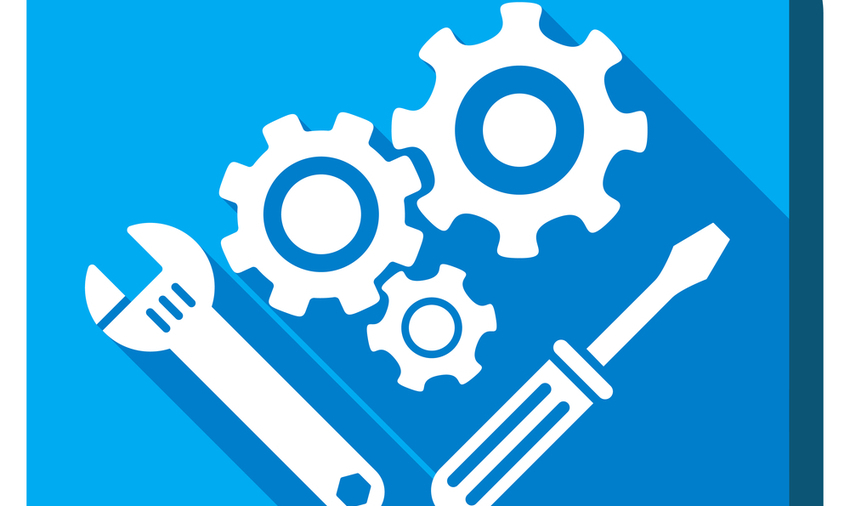equiprice_lunch-seminars
EQUIPRICE lunch seminars
Equiprice lunch seminars are hybrid (in person and / or virtual, depending on the COVID context) lunch seminars designed to serve as technical tutorials or presentation of work in progress in relation to the scientific agenda of the ERC-sponsored project EQUIPRICE. Unless noted ‘internals,’ seminars are public and open to all, but registration to the in person event is required 48 hours before.
Note: All times indicated on this page refer to the Paris time zone.
Upcoming talks:
- May 19 2022, 12pm-1pm (online), Dr. Adrian Vladu (IRIF) will present TBA.
Past talks:
- February 10 2022, 12pm-1pm (online), Mert Unsal (Ecole Polytechnique) will present ‘running C++ on jupyter notebook: the xeus cling kernel’.
- February 3 2022, 12pm-1pm (online), Professor Claire Mathieu (CNRS, Irif) will present “Stable Matching in Practice”.
- ***Wednesday*** January 12 2022, *** 2pm-3pm *** (online), Dr. Antoine Jeanjean (OPT2A) will present “Operations research: a love story between mathematics and computer science.”
- December 16 2021, 12pm (online), Dr. Denis Merigoux (INRIA) will present “Turning law into micro-simulation code with the Catala programming language”.
- December 9 2021, 12pm (online), Anatole Gallouet (Grenoble INP) will present “Numerical resolution of semi-discrete Generated Jacobian equations”.
- November 25 2021, 12pm (hybrid), Professor Benoit Rottembourg (INRIA) will present “Dynamic pricing: constraints, elasticity and algorithmic manipulation”.
- November 18 2021, 12pm (hybrid). Professor César Ducruet (Paris-Nanterre University) will present “Inter-city networks: a maritime perspective”.
- October 7, 2021. Reading of Roth, Rothblum and Vande Vate’s Stable Matchings, Optimal Assignments, and Linear Programming.
- September 12 2021, 12:30pm. Pauline Corblet’s job market paper’s practice talk.
- July 15 2021, 1pm. Loan Tricot on Bertsekas’ auction algorithm.
- ***WEDNESDAY*** June 23 2021, ***12.30pm-2pm***. Pauline Corblet. Job market practice talk.
- June 17, 1pm. Loan Tricot on “Reconstructing the order flow with optimal transport”.
- June 3 2021, 1pm. Bastien Patras on BLP and MPEC.
- *** Tuesday*** May 25 2021, 1pm. Reading of The Contraction Mapping Approach to the Perron-Frobenius Theory: Why Hilbert’s Metric?.
- May 20 2021, 1pm (public). Professor Guillaume Carlier (Paris-Dauphine University), on “the linear convergence of the multi-marginal Sinkhorn algorithm.”
- April 29 2021, 1pm. Reading of Bubeck and Cesa-Bianchi’s Regret Analysis of Stochastic and Nonstochastic Multi-armed Bandit Problems chapters 1-3.
- April 15 2021, 1pm. Flavien Léger on Bregman divergence and gradient descent (part 2).
- April 8 2021, 1pm. Flavien Léger on Bregman divergence and gradient descent (part 1).
- March 25 2021, 1pm. Pauline Corblet on the link between Gale and Shapley and some iterative methods in applied mathematics.
- March 18 2021, 1pm. Jules Baudet on course allocation mechanisms (continued).
- March 4 2021, 1pm. Pauline Corblet on many-to-one matching problems.
- February 18 2021, 1pm (public). Jules Baudet on course allocation mechanisms (continued).
- February 11 2021, *** 5pm *** (public). Professor Xin Chen (University of Illinois) on S-convexity.
- January 14 2021, 1pm (public). Flavien Léger on Chambolle-Pock.
- January 7 2021, 1pm (public). Jules Baudet on “the multi-unit assignment problem: matching students to course schedules”.
- December 10 2020, *** 5pm *** (public). Professor Pierre-Olivier Weill (UCLA) on optimal transport in asset pricing problems.
- November 26 2020, 1pm (public). Flavien Léger on computing large-scale regularized optimal transport problems.
- November 12 2020, 1pm. Alfred Galichon on ‘EQUIPRICE: research program and challenges’.
- October 29 2020, 1pm (public). Jules Baudet will be presenting on ‘Cloud Computing and Containers part 3: Understanding Docker containers, continued’.
- October 22 2020, 1pm (public). Jules Baudet will be presenting on ‘Cloud Computing and Containers part 2: Understanding Docker containers’
- October 15 2020, 1pm (public). Jules Baudet on kidney exchanges.
- October 8 2020, 1pm (public). Flavien Léger on ‘The back-and-forth method in optimal transport’
- September 24 2020, 1pm (public). Jules Baudet on ‘Cloud Computing and Containers part 1: Understanding Docker containers’
Sponsored by the European Research Council grant EQUIPRICE
